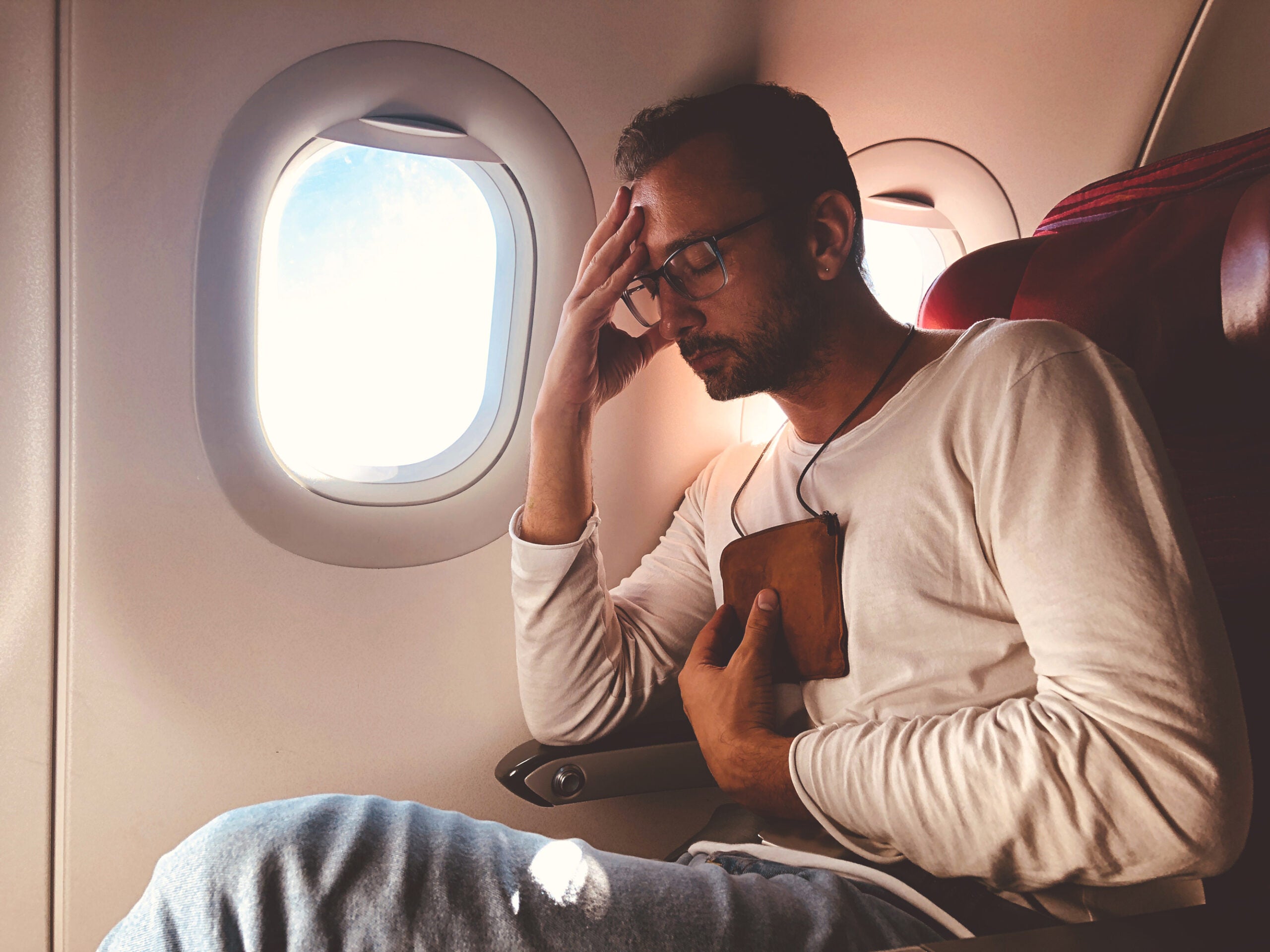
Image Source: Google
For many people, the thought of getting on an airplane can trigger intense feelings of fear and anxiety. Whether it's a fear of heights, a lack of control, or worries about a potential crash, a fear of flying can be a debilitating phobia that can prevent individuals from traveling to their desired destinations. However, with the right tools and techniques, it is possible to manage and cope with a fear of flying and ultimately find peace when it comes to air travel.
One of the most effective ways to combat flying fears to educate yourself about the safety of air travel. While it is natural to feel anxious about something that is unfamiliar or out of your control, learning about the stringent safety regulations and procedures that are in place for air travel can help to ease your fears. Understanding that flying is statistically one of the safest modes of transportation can provide reassurance and help to put your mind at ease when it comes to boarding a plane.
In addition to educating yourself about the safety of air travel, it can also be helpful to address any underlying fears or concerns that may be contributing to your fear of flying. For example, if you have a fear of heights, you may benefit from working with a therapist to address and overcome this phobia. Similarly, if you have a fear of losing control, practicing relaxation techniques such as deep breathing or meditation can help you to feel more centered and calm while on a plane.
Another key strategy for managing a fear of flying is to create a personalized coping plan that includes strategies for managing anxiety both before and during a flight. This may include techniques such as visualization, positive self-talk, or distraction techniques to help keep your mind focused on something other than your fear. Additionally, practicing relaxation techniques such as progressive muscle relaxation or mindfulness meditation can help to calm your nervous system and reduce feelings of anxiety.
It can also be helpful to familiarize yourself with the flight experience by taking a flight simulator or visiting an airport to watch planes take off and land. This can help to demystify the flying experience and make it feel more familiar and less intimidating. Additionally, talking to a pilot or flight attendant about the mechanics of flying can help to increase your understanding of the process and alleviate some of your fears.
For some individuals, it may be beneficial to consider seeking professional help to address a fear of flying. Cognitive-behavioral therapy (CBT) is a type of therapy that has been found to be particularly effective in treating phobias, including a fear of flying. A therapist can work with you to identify and challenge negative thought patterns and beliefs that are contributing to your fear, and help you to develop coping strategies to manage your anxiety.
In some cases, medication may also be prescribed to help manage the symptoms of anxiety associated with a fear of flying. However, it is important to consult with a healthcare professional before taking any medication, as some medications may have side effects or interactions with other medications that you are taking.
Ultimately, managing and coping with a fear of flying is a process that takes time and effort. It is important to be patient with yourself and to celebrate small victories along the way. By taking proactive steps to address your fear, such as educating yourself about the safety of air travel, addressing underlying fears or phobias, creating a personalized coping plan, and seeking professional help if needed, you can gradually reduce your anxiety and find peace when it comes to air travel. Remember, you are not alone in your fear of flying, and with the right support and strategies, you can overcome it and enjoy the freedom of traveling to new destinations with confidence and peace of mind.
